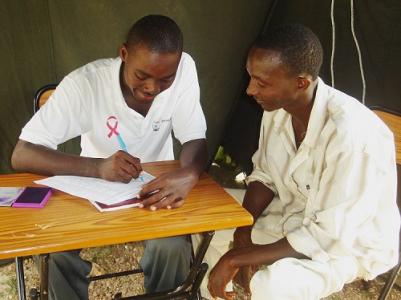Student Blog: Visiting the Ayemba Clinic for the First Time
Anna Bazinet is a fourth-year medical student at the University of Washington who is currently on a fellowship through Strengthening Care Opportunities through Partnership in Ethiopia (SCOPE), a program in the Department of Global Health.


